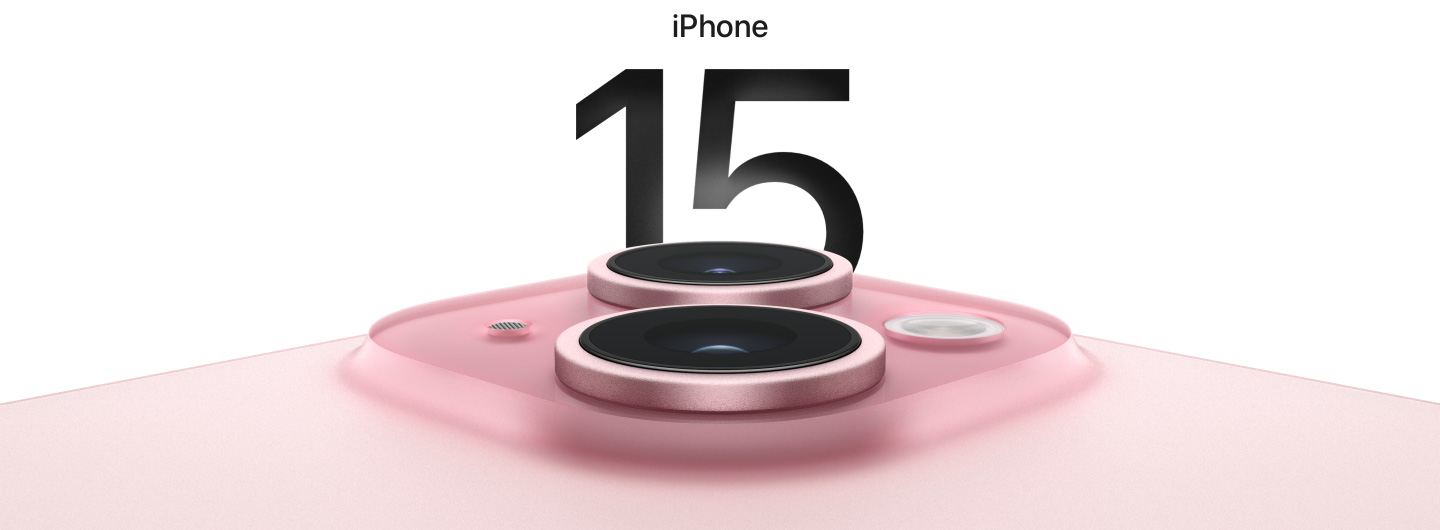New York — Over the past four years, Apple has struggled to provide users with a compelling reason to upgrade their iPhones, a trend that has become increasingly problematic for the company’s core business since the rollout of 5G with the iPhone 12. This could all change in the coming week.
The iPhone accounted for more than half of Apple’s total revenue last year, but sales growth has been sluggish as customers are taking longer to upgrade to new models. This extended upgrade cycle is a widespread issue in the tech industry but has hit Apple particularly hard, compounded by fierce competition in the Chinese market and a significant antitrust lawsuit.
Apple is expected to announce new artificial intelligence (AI) features at its annual Worldwide Developer Conference (WWDC) on Monday. These advancements could significantly enhance its products and position Apple as a strong competitor in a tech landscape that has rapidly embraced AI. The iPhone, Apple’s most crucial product, stands to benefit greatly from these potential AI enhancements.
New AI features that provide a strong incentive to upgrade when Apple releases the iPhone 16 in the fall could prove vital for the company at this critical juncture.
Despite the challenges, Apple’s status as a tech powerhouse remains secure. The company generated over $200 billion from iPhone sales last year, its stock (AAPL) has risen 9% over the past year, and its robust services business helps smooth out the seasonal fluctuations of hardware sales.
Analysts stress that reinvigorating iPhone sales is essential for Apple’s continued growth.
“This can’t be another, ‘Oh, we’ll do something cool later on,’ kind of presentation. They know that,” D.A. Davidson analyst Gil Luria told CNN ahead of WWDC. “For Apple’s stock to work, for the business to grow, we need to hear from them why we should buy iPhone 16.”
Investors are also keen to see if Apple can maintain its competitive edge in the rapidly evolving AI market, particularly as other tech giants have already articulated their strategies for the next major wave of technological innovation.
“The timing is critical for Apple. Nvidia just leapfrogged it as the second most valuable technology company behind Microsoft,” said eMarketer senior analyst Gadjo Sevilla. “Any misstep by Apple at this juncture could see it lose its traction as a technology leader.”
The Anticipation of AI Enhancements
Apple has long incorporated AI into its products in subtle, often invisible ways that enhance user experiences. Now, the company is poised to introduce its most significant consumer-facing AI updates to date.
On Monday, Apple is expected to unveil new generative AI capabilities for iOS, potentially transforming its Siri personal assistant. An AI-powered Siri could perform tasks such as retrieving specific photos, providing detailed weather information, or answering complex trivia questions. Over time, Siri could learn user preferences and personality traits, offering more personalized responses.
Based on the integration of generative AI by competitors, Apple might also introduce features like summarizing or drafting emails using AI.
Apple’s historical approach has been to introduce new technology at a slower pace, focusing on delivering a premium experience. Now, the pressure is on for Apple to present features that surpass those of competitors like Samsung and Microsoft.
A key question is whether these new AI features will be available on older iPhones or if they will require the new models launching in the fall, possibly due to the need for advanced chips or faster processors.
If the new features are compelling and exclusive to new models, it could trigger a major iPhone upgrade cycle, benefiting the entire company.
Luria noted that underwhelming features or AI capabilities accessible on older iPhones could cause Apple’s stock to drop to $160 per share. Conversely, exciting new technology that prompts users to upgrade could push shares to $240 each. (Apple shares closed just shy of $197 on Friday.) “That’s the key: if it’s compelling and not backward-compatible, Apple will have the first upgrade cycle in four years,” Luria said. “And that will mean a lot for the stock because that was the last time they had a big jump.”









